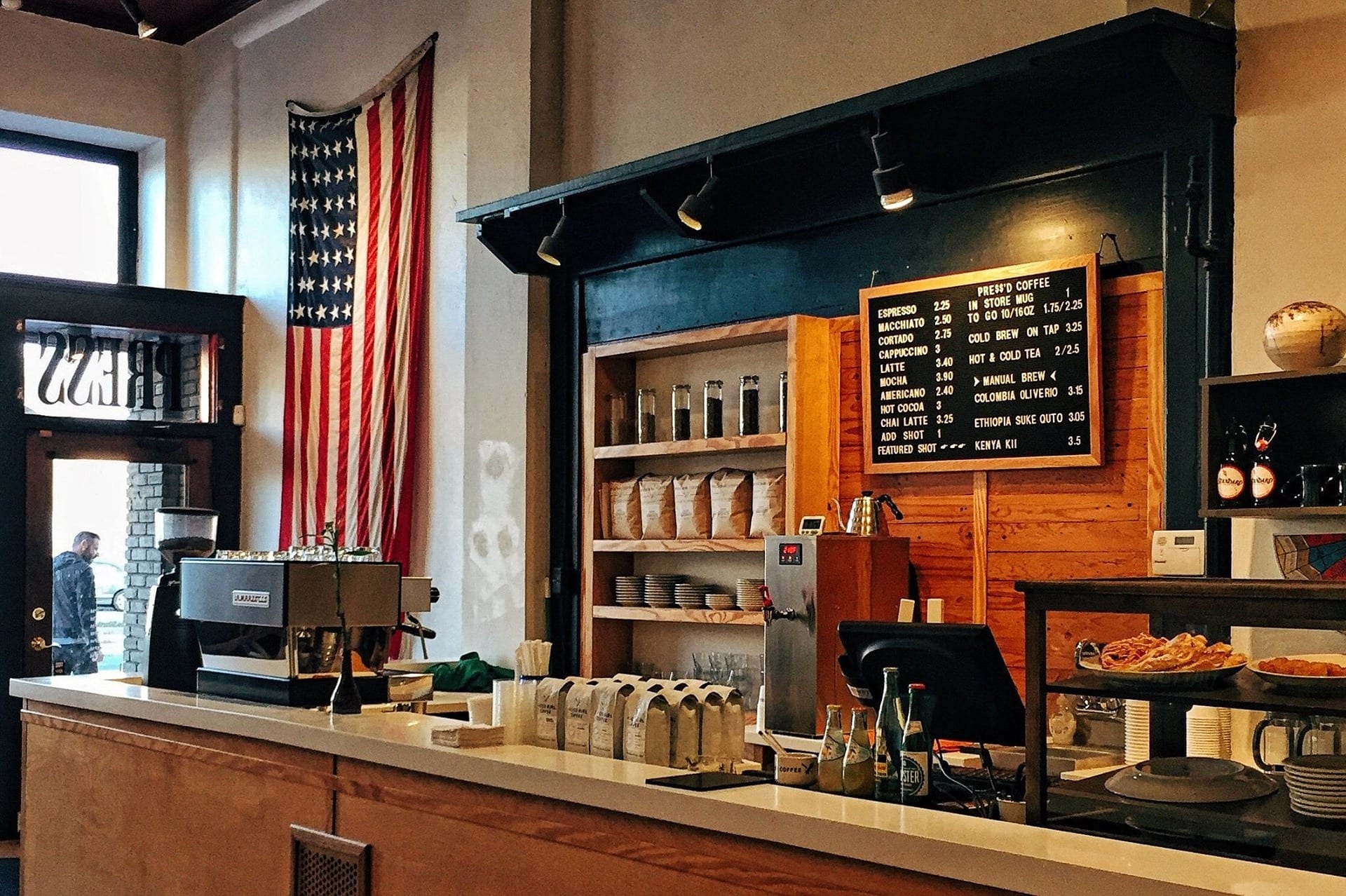For many, coffee is more than just a casual drink. It’s a passion, a “don’t even think about talking to me until I’ve had my first cup of coffee” necessity, a crucial ritual in their everyday lives. The office coffee machine remains one of the most important pieces of business equipment.
The good news? Coffee consumption is on the rise, so for anyone who’s ever dreamed of starting their own coffee shop, now could be the perfect time. This is what you need to know about starting a coffee shop business.
Conducting Research
People who are passionate about coffee can make great business owners. Passion sells; it’s infectious, motivating, and keeps bringing customers back for more. But in order to run a successful business, it’s important to combine that passion with knowledge.
Knowledge about the financial model of a coffee shop, license requirements, tax bills, staff hiring, training, and firing, insurance, cash flow, etc… Running a business can be fun, hard work, and rewarding, but not staying on top of things will affect profits and quickly turn things sour.
So where to begin? By learning everything there is to know about running a coffee shop through extensive research and/or attending specialized courses.
Standing Out
Independent coffee shops need to work harder to attract customers who usually frequent bigger chains. A great way to stand out from the competition is to show customers why the business is special, and this can be done in many ways. (Get a head start by downloading this unique selling proposition worksheet!)
For instance, using a wall or display to show information on how the coffee grows, where it’s sourced, how it’s roasted, and what makes it unique. Espresso machines also make bold statements and can become the focal point of a coffee shop, something to think about when it’s time to buy a machine.
Creating a Marketing Strategy
Many coffee shops use marketing strategies to attract new customers and promote their business. This may include designing a website, using social media platforms, printing flyers, paid advertising, etc.
Creating a weekly or monthly marketing budget (and sticking to it) is the best way to keep costs under control. Printing more and more flyers may seem like the right thing to do at the time, but not if it’s going to throw out profit margins.
One of the best, and cheapest, ways to attract new customers is by offering free coffee. Handing out vouchers offering a free cup of coffee to celebrate the opening of a new venue is a sure way of attracting attention, and gives people a reason to deviate from their usual coffee haunt.
Scouting a Venue
Coffee drinkers usually buy on impulse, so a location with a high footfall is usually a popular choice for coffee shop businesses. However, this may involve higher overheads. It can be helpful to visit a potential venue at different times of the day to gain more insight into foot traffic numbers.
It’s also worth bearing in mind that once word of mouth spreads, people will be more willing to travel further for great quality coffee.
Standing out on a busy street is also important to draw customers in. An outside seating area can greatly boost sales, as long as it’s kept clean and well-organized, and investing in a good sign will help promote the business from the start.
Perfecting Counter Layout
An effective layout will increase productivity and can greatly affect sales. Getting it just right can take years of experience, but many coffee suppliers offer help with this.
Minimizing the distance from the espresso machine to the serving counter and placing the machine at a 90-degree angle in full view of customers are good ways to start. Positioning food displays close to the till will also offer upselling opportunities.
A good counter layout will keep the queue flowing, allow easy contact between customers and staff, and increase speed, efficiency, and sales.
Staying Motivated
As an entrepreneur, motivation is key to running a successful team. Leading by example sets the bar for staff members, and will encourage good customer service as well as a great atmosphere in the venue.
Delegating tasks, giving staff extra responsibilities, changing roles to avoid monotony, and offering incentives are all good ways of keeping the team motivated. Business owners can also show leadership by learning about coffee, knowing how to properly prepare and serve it, and offering great customer service.
The Bottom Line
The above fundamentals should provide anyone thinking of opening a coffee shop business with a better idea on what this entails. There will always be other things to think about, such as the benefits of table or counter service, the size of coffee cups, or what type of food to serve. In the end it often comes down to this: offering great coffee and quality service in a good location.

